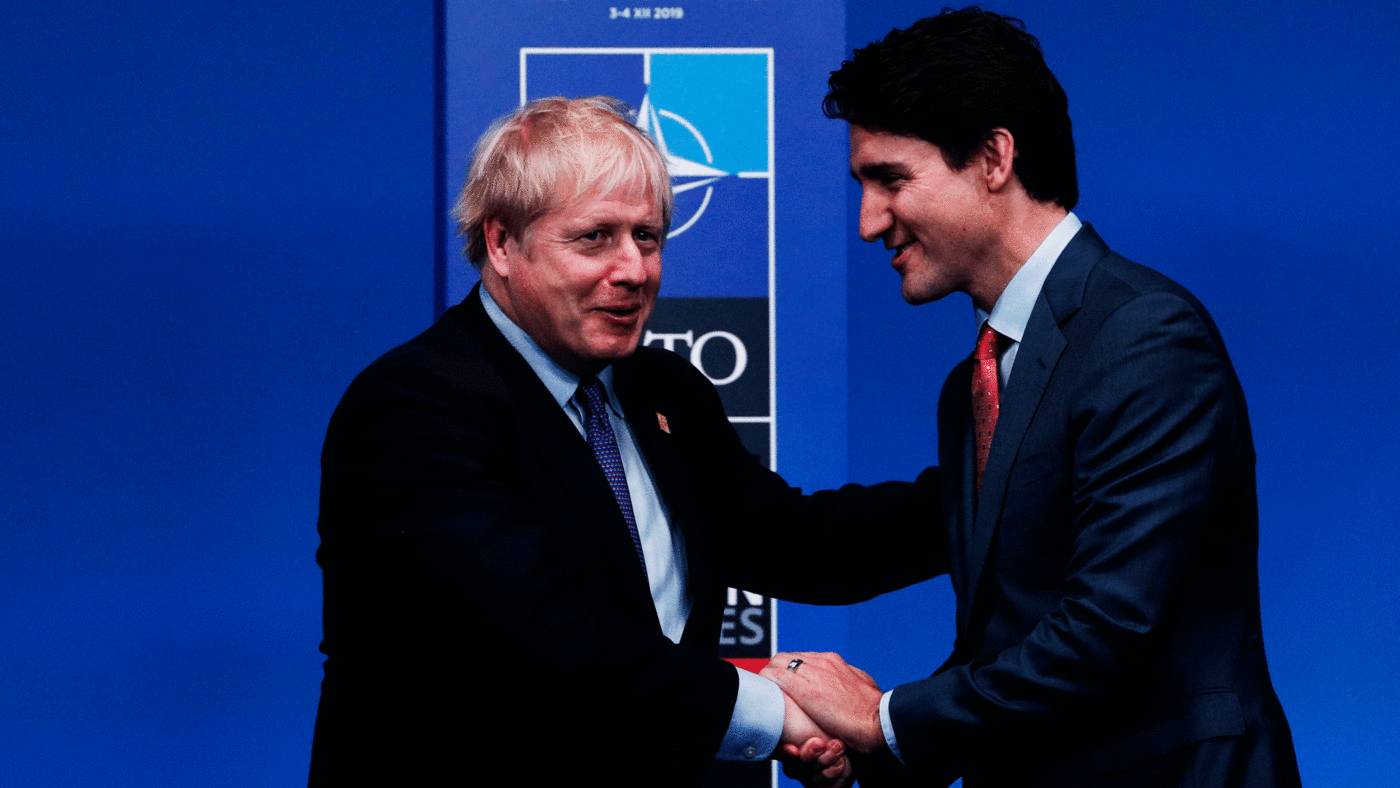Denied an electoral bellwether for over a year because of the pandemic, politicians and commentators have unleashed their pent-up desire for analysis on this year’s local, regional, by- and London elections.
We’ve had the likes of Ian Birrell in Unherd wondering whether, following defeat in Hartlepool, Labour would soon leave the ranks of the walking wounded and begin to resemble the moribund European socialist parties. Since the working class has become an embarrassing appendage to these parties, dominated as they are by the social liberal graduates and the young, they’re doomed to short term decline and possible usurpation by the cultural right and the greens in the longer-term. So the argument goes.
All of this is reasonable, and contains some truth. The hard left chooses another comparison – suggesting that the future for Labour must lie in the trenchant identity politics of the United States, or the charismatic class consciousness advocated by the likes of Bernie Sanders.
But one point of comparison eludes both analogies. It’s a political system that shares many characteristics with ours: the politics of Canada. Britain and Canada share a parliamentary system and a majority language. The parallels between UK and Canadian politics are compelling, and yet they have not been extensively explored.
In the election of 2019, Canadian federal politics quite closely resembled the situation which has increasingly taken root in the UK in the same year, and confirmed in this week’s elections.
The big idea is regionalism: both countries show strong regional divisions between some working class areas specialising in primary or secondary industry, which in both Canada and Britain produced surprisingly strong conservative majorities. Canada’s conservatives won parts of oil-producing western Canada by great margins.
In Britain as in Canada, urban centres go increasingly Liberal, New Democratic, and Labour. The Green party does occasionally well in certain hip postcodes.
And both countries’ elections now regularly feature strong showings for the secessionist parties. In Quebec and Scotland, members of a national minority consider themselves tied into a bargain they no longer like, not least as they are increasingly swamped by their more prosperous and populous neighbours.
In both Britain and Canada, secessionists have been given referendums which they have lost, although Britain’s future position on another referendum in Scotland remains more opaque than Canada’s does vis-a-vis Quebec.
In Canada’s 2019 election, the Conservatives won the popular vote but lost the election, due in part to piling up wasted votes in working class and culturally conservative areas. One Canadian YouTuber talked about Conservatives winning by ‘Saddam style margins’ in certain regions, which themselves led to a lot of wasted votes. This is something the British Tories sometimes fear, given that constituency boundaries still favour the Labour party.
This clarifies something else, too: cultural issues. They present a policy challenge posed by the extra-parliamentary right in Canada and Britain. It’s something thinkers in both Britain and Canada must now grapple with. Canada’s former prime minister Stephen Harper and Boris Johnson’s Svengali Dominic Cummings both agree the ‘centre ground’ as commonly described does not exist and that the working classes like cultural conservatism, state spending, economic protection, and a focus on social ills like crime and the loss of cultural identity.
Harper believes, as he said in a video for PragerU, a YouTube channel run by American commentator Dennis Prager, that conservatism simply needs a populist rebranding, because what some call populism is conservatism in demotic clothes. Cummings is more radical.
The extent to which Boris Johnson and Canada’s Conservatives are capable of appealing to those voters remains in question, not least because Canada’s Conservatives are in an organisational shambles and have failed to depose a divisive prime minister in Justin Trudeau.
Erin O’Toole, the new Conservative leader in Canada, appears to be betting on an entirely different horse: squaring away climate change denial latent in his party with a proposal for a carbon tax, and generally appealing to Canada’s diverse immigrant society.
Boris Johnson, typically, wants it both ways: to retain his party’s occasional pose as the new workers’ party while stirring the culture war pot, and still trumpeting climate summits and consensus-based diplomacy.
Left with a new coalition of voters, both Conservative parties are uneasy. One is in government; the other is in obscure opposition. But each has to deal with similar changes in the attitudes of their demographics – and decide whether they are willing to move far enough away from liberal social and economic values to court them.
Click here to subscribe to our daily briefing – the best pieces from CapX and across the web.
CapX depends on the generosity of its readers. If you value what we do, please consider making a donation.


